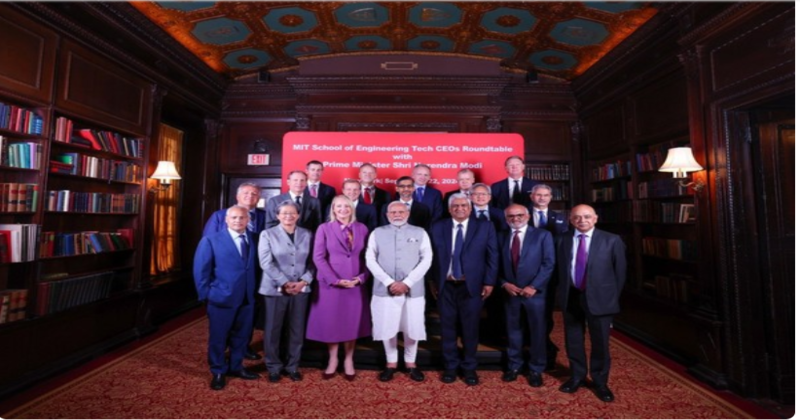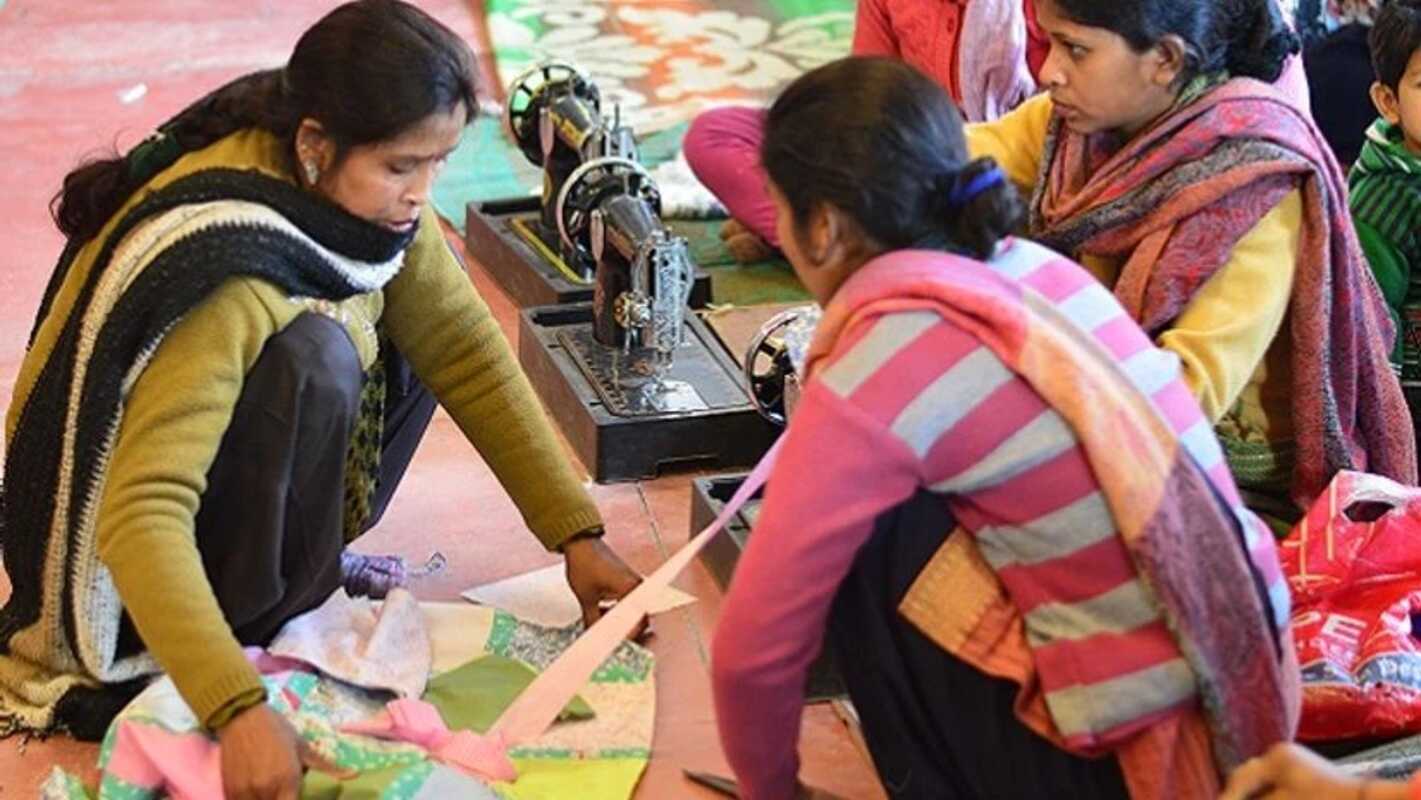In a meeting with technology moguls in California a few days ago, Mr. Modi urged India to embrace the mantle of design, innovation, and skills on the global front. Some of the chiefs in attendance at the roundtable were Google, IBM, Nvidia, AMD, and other advocates and was chaired by MIT in New York. He leveraged this meeting to thank such significant players in business and explain the potential of India in the technology industry.
Mr. Modi stated that due to the growth of government assistance and the supply of skilled workforce, in the near future, India is going to be the technological powerhouse in the world. He added that it has made large amounts of investment in medicine, biotechnology, AI, and semiconductors. India has also committed approximately $15 billion to the semiconductor industry, looking forward to becoming a significant player in this vital industry.
In his meetings with the heads of major companies, the prime minister focused on deepening integration in the field of advanced technologies. Thus, the Chief Executive Officer of Nvidia, Jensen Huang, has stated that this is the time for India and underlined the incredible potential for collaboration in terms of AI and other technologies. This view was also reflected in Google CEO Sundar Pichai who said he was keen on the digital revolution in India and the country’s capacities for localized production of goods, including Google’s Pixel phones.
Another essential aspect of PM Modi’s address concerned the Initiative on Critical and Emerging Technologies (ICET). This initiative aims to foster deeper cooperation between the USA and India in the geographies of their effort—biotechnology, artificial intelligence, quantum computing, etc. As a part of the Singapore lecture, Modi stressed the importance of a balance between democracy and technology and underlined the fact that any country that aims to be developed needs technology as a tool.
Some participants in a roundtable of CEOs recently suggested that they consider the possibilities of co-development, co-design, and co-production in India. This is in accordance with Modi’s vision of making India an ‘ease of doing business’ nation where foreign tech companies can leverage opportunities from local talent and resources.
Modi reassured the business leaders that India will fiercely protect the IPRs which are crucial in providing adequate support for innovation. He also stressed the need for appropriate use of AI. He noted that if technology is based on values different from democratic ones, the result is catastrophic. The moral AI that the prime minister talks about reflects India’s approval process that is unique for lawfully integrating new technologies into society.
The detailed discussions that PM Modi has had with the CEOs of these technology companies indicate that the future of India is going to be in the technology industry. Leaders like Jensen Huang and Sundar Pichai have clearly expressed the need to expand their tech investment in India. India is becoming an attractive destination for foreign investments in IT as it enhances its environment for AI and others.




